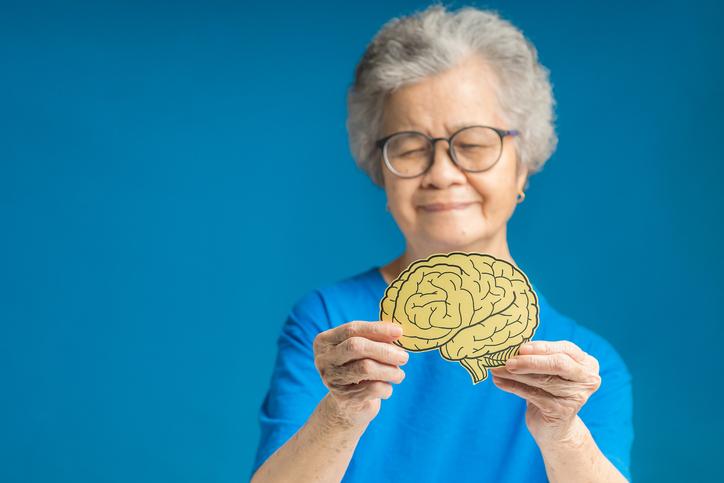5 марта 2022
5 Facts Everyone Needs To Know About the Pancreas


5 марта 2022
5 Facts Everyone Needs To Know About the Pancreas
## How do you know if your pancreas needs help?
The following symptoms are alarming:
- Decreased appetite or aversion to food
- Frequent diarrhea
- Feeling of pain under the left rib — especially after any meal
- Bloating
- Belching with air
- Vomiting and nausea often and without relief
- Progressive weight loss with a normal diet
## How to confirm any doubts?
Pancreatic pathology can only be detected during a medical examination. Self-diagnosis does not work. The doctor will prescribe general and biochemical blood tests and a general urine test to determine the glucose level, presence and level of necessary enzymes, and biomarkers of existing inflammation. If the results of the tests seem unsatisfactory to the doctor, he or she will prescribe an ultrasound of the abdominal organs, which will determine the size of all organs, condition of the tissues, and any presence of stones or tumors. Following an accurate diagnosis, it is possible to normalize the work of the pancreas and digestion. You should not self-medicate — drugs will not be effective if you don’t identify and address the cause.
## How to have a healthy pancreas on a diet
There are nutritional rules developed by gastroenterologists specifically for patients with a problematic pancreas. These rules are also good for preventing pancreases issues from occurring.
- The intervals between meals should not be more than 4 hours.
- The diet should be varied and contain a lot of fiber. In no case should you be on a low-carb or exclusively protein diet for an extended period of time.
- The portions should be small, about the size of your palm.
- The pancreas "likes" medium temperatures: you should not eat food directly from the refrigerator (too cold) or food that is too hot.
- Steam, simmer or bake food in the oven. Try to avoid fried meals.
## What foods are best to eat?
- Light soups (better with vegetables)
- Lean meat—veal, turkey, chicken
- Porridge, especially buckwheat, oatmeal, rice
- Diet cookies
- Egg whites, egg white omelet
- Dairy and fermented milk products with low-fat content
- Curd
- Pasta
- Boiled and stewed vegetables
- Berry juice, compote from berries and dried fruits
## What foods should be avoided?
- Fatty soups
- Fatty fish, meat, semi-finished products, canned food, smoked meats, egg yolks
- Flour
- Dairy products with a high percentage of fat
- Pickled and canned products
- Products containing more than 75 % cocoa in large quantities
- Sparkling and strong alcohol drinks













